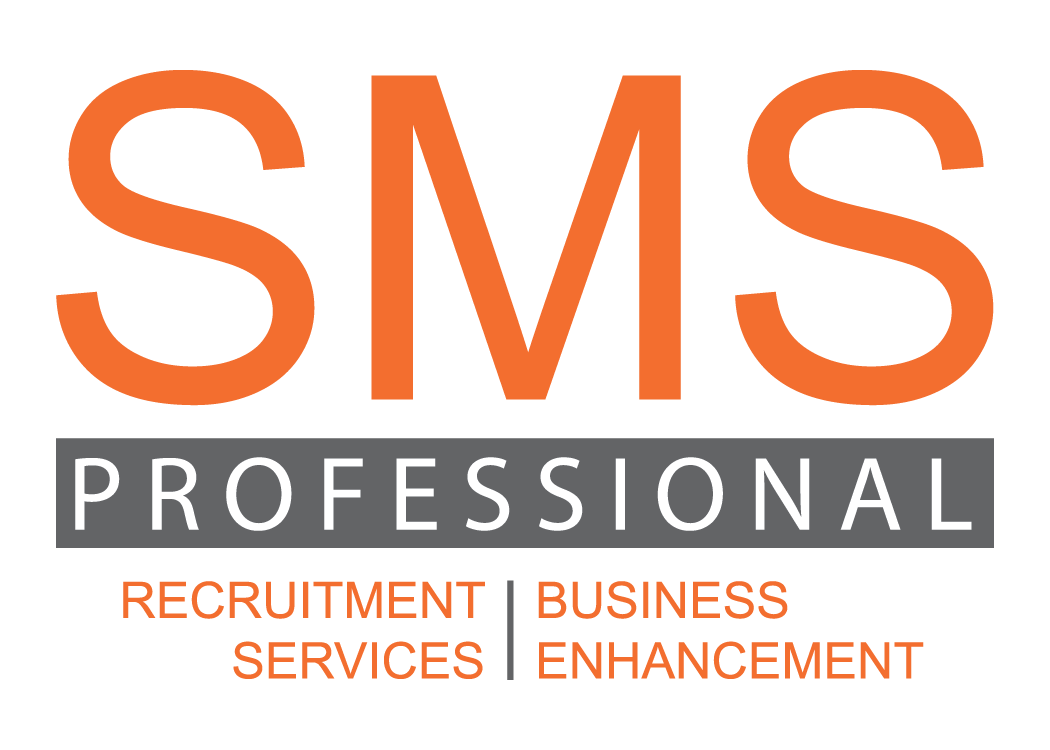‘Can you find me a job?’ may be one of the most common responses recruiters hear when they tell someone they work in a recruitment agency.
Many people – including Google – get confused between recruitment agencies and employment agencies. However, understanding the difference will help you utilise their functions effectively.
The key difference between a recruitment agency and an employment agency lies in whom they service.
Employment agencies find jobs for job-seekers whereas recruitment agencies find candidates for employers. The distinction between finding the position for the candidate compared to finding the candidate for the position really makes a difference in how each agency operates.
It is important to note that while both agencies work for both the employer and the prospective employee, the recruitment agency is tasked with connecting the best talent in the market to the employer and as a result, it is not their role to find employees a job. However, recruitment agencies equally value and appreciate their candidates and would not allocate to them a role where they will not thrive.
Employment agencies are government funded and often help unskilled individuals or those with a disability to find a job in the market. Employment agencies may also have upskilling tools such as computer tests or qualifications that can look good on a candidate’s resume to increase their chances of finding a job. As employment agencies help job-seekers find a job, they often provide resume writing services or training tools to enhance job prospects for jobseekers. Employment agencies will often contact worksites that have positions suited to the needs of the jobseeker and promote the candidate to the advertised position.
On the other hand, recruitment agencies are funded by companies to find top quality talent. As a result, recruitment agencies often invest in premium searching services to tap into a market of passive candidates of high calibre that are not otherwise available to the market. Recruiters have a consultative approach as they have up-to-date industry knowledge regarding market trends and salaries to provide the best solution for their clients. Recruiters will invest in advanced screening software or psychometric testing, to find the best people amongst a pool of applicants. Additionally, recruiters will have a strong understanding of the company culture and unspoken rules of an organisation to ensure the employee will be retained. By putting in such measures, recruiters are able to meet client expectations to find candidates that will hit the ground running.
It’s important to keep these differences in mind, so that next time you have a job-related need, you can go to the right agency.
So the next time you see a recruiter, instead of asking ‘can you find me a job?’, the right question to ask them would be ‘can you find me an employee?’

